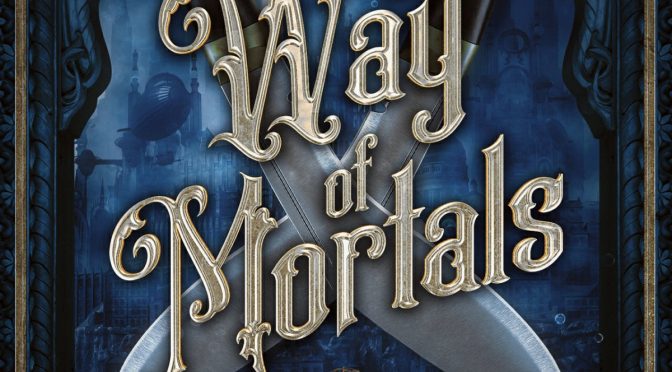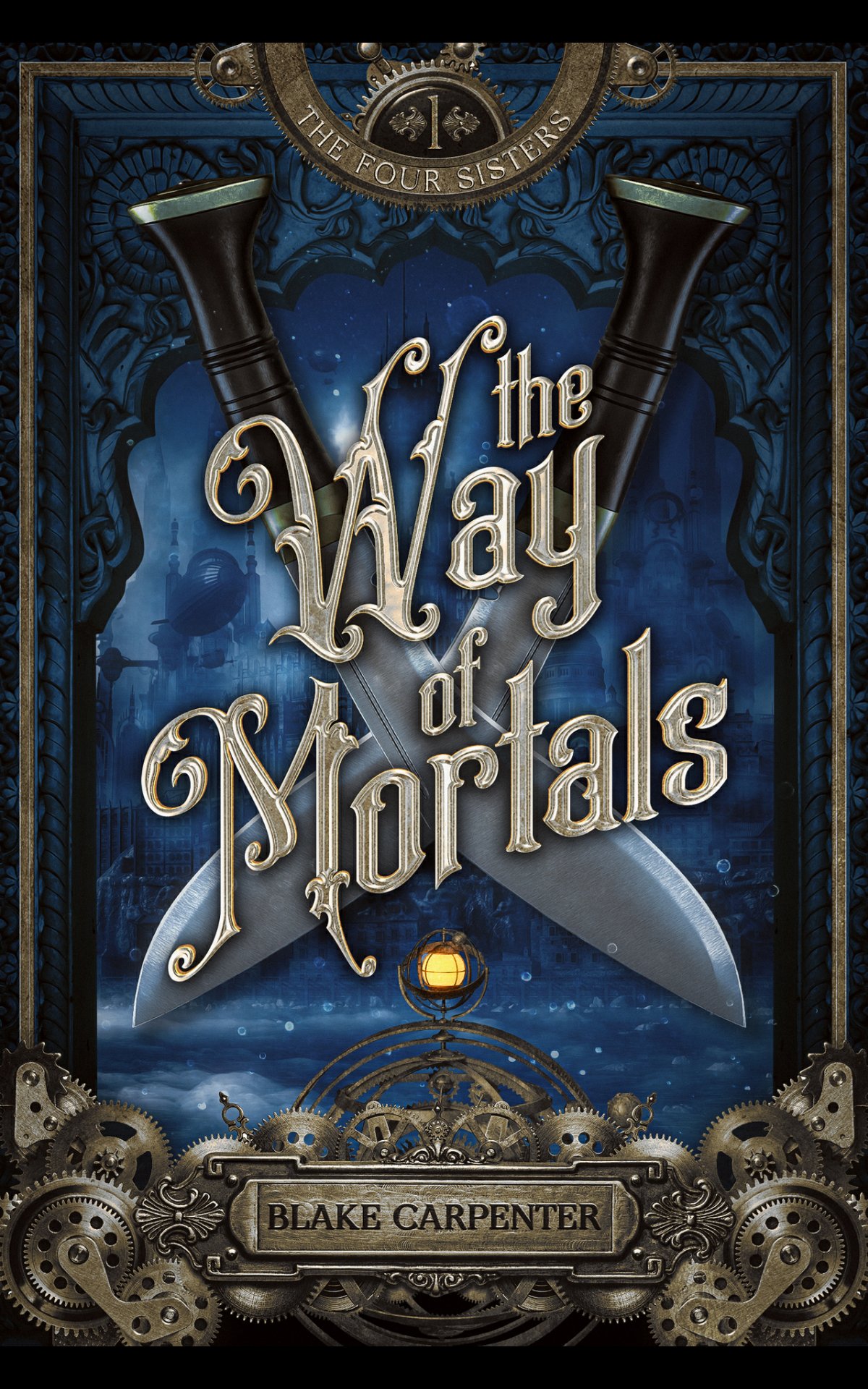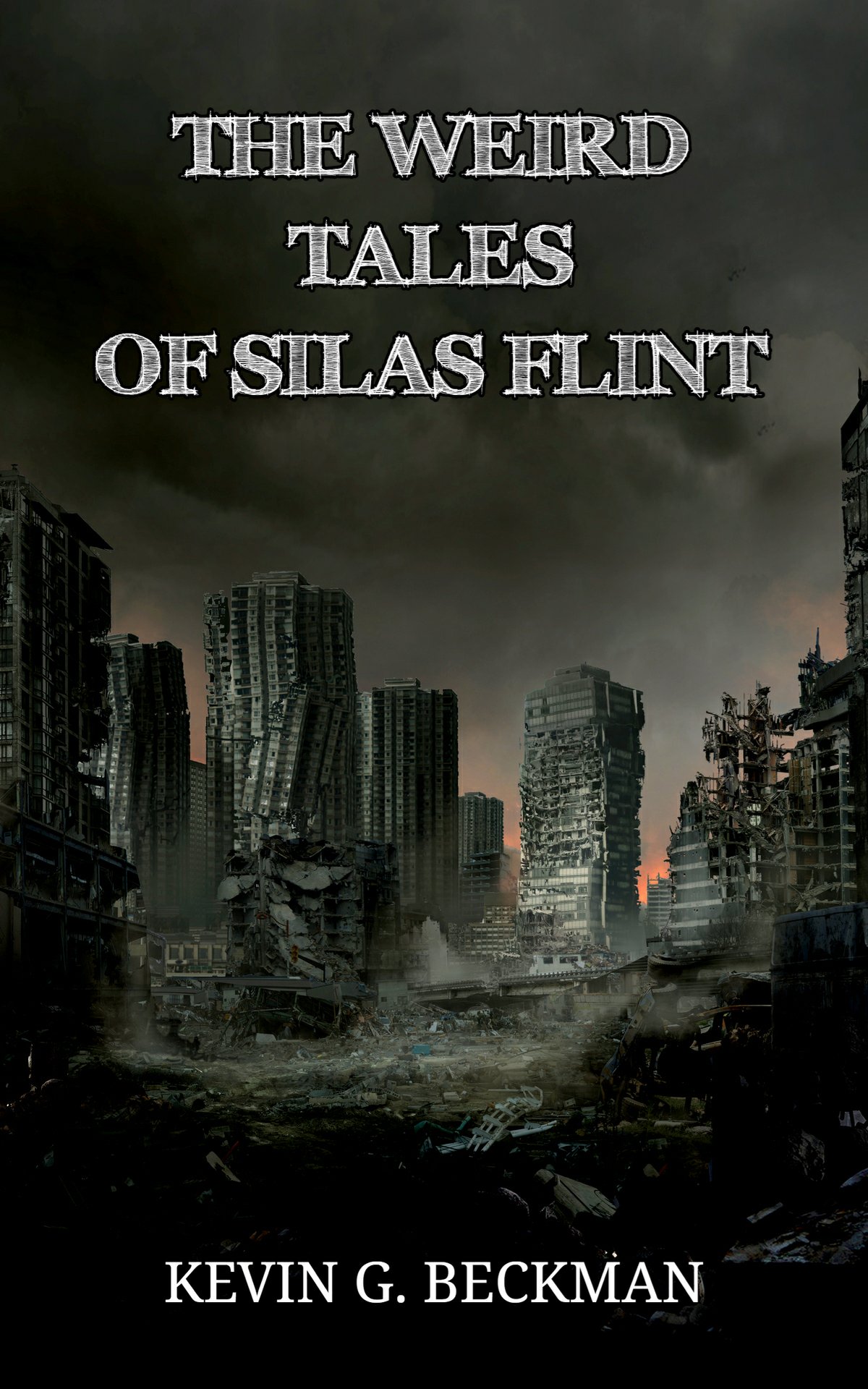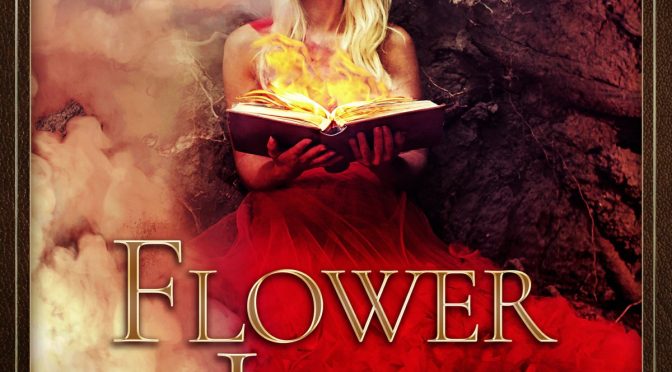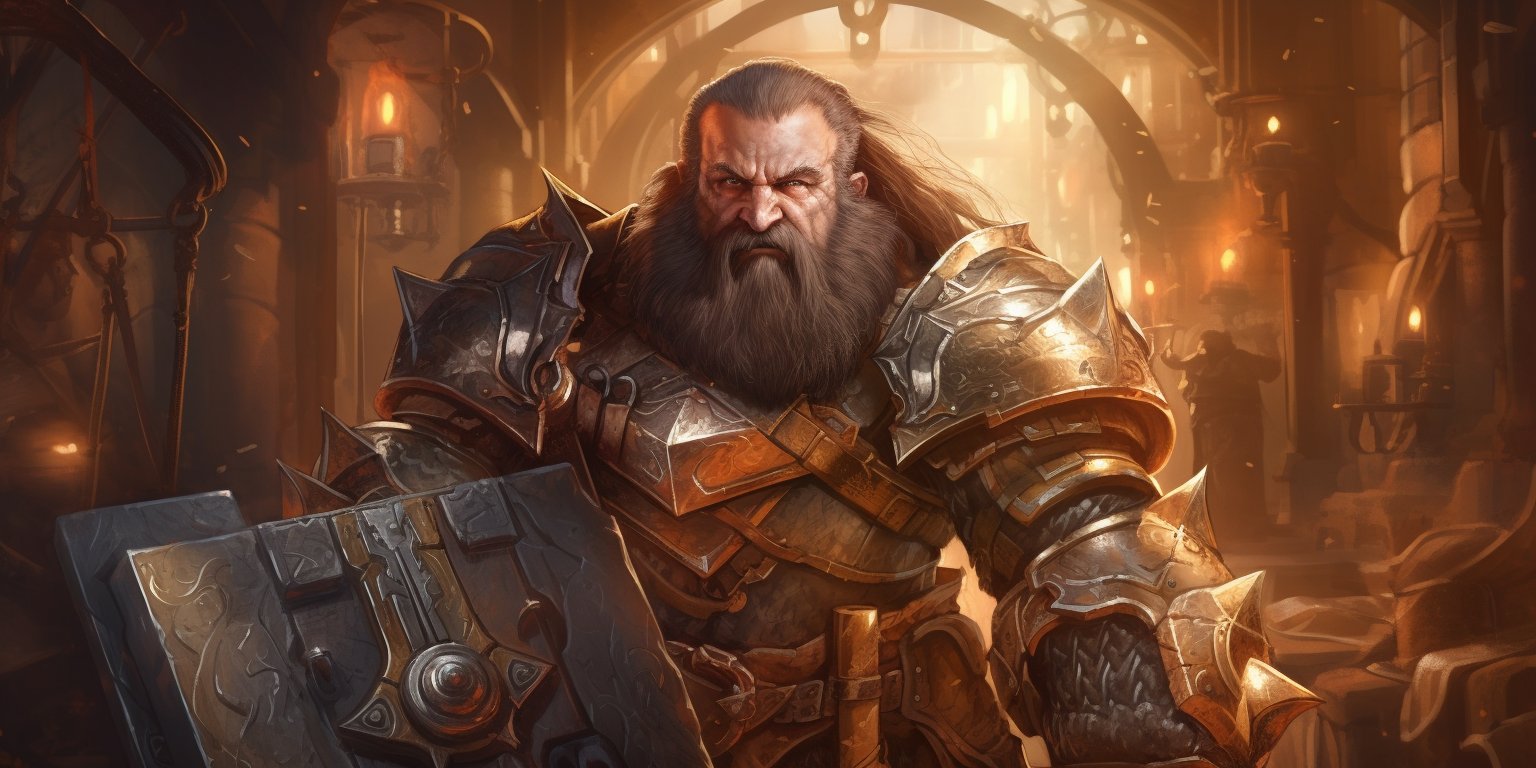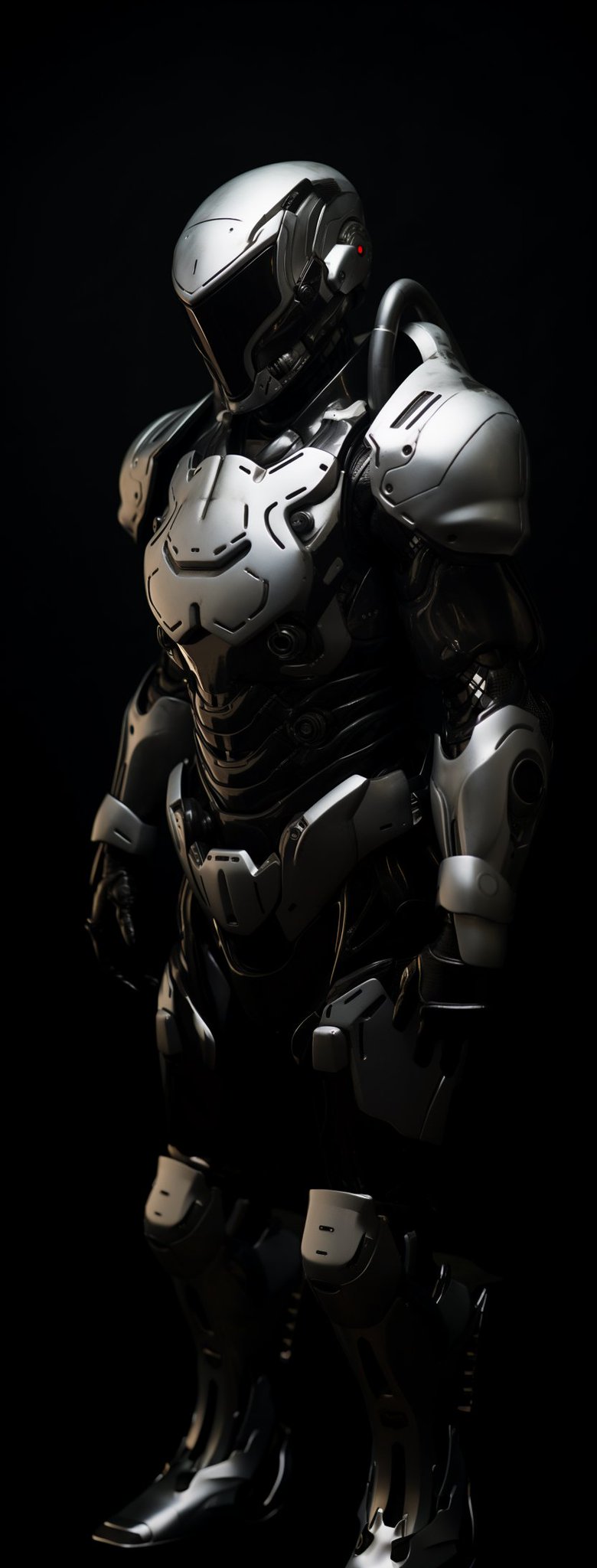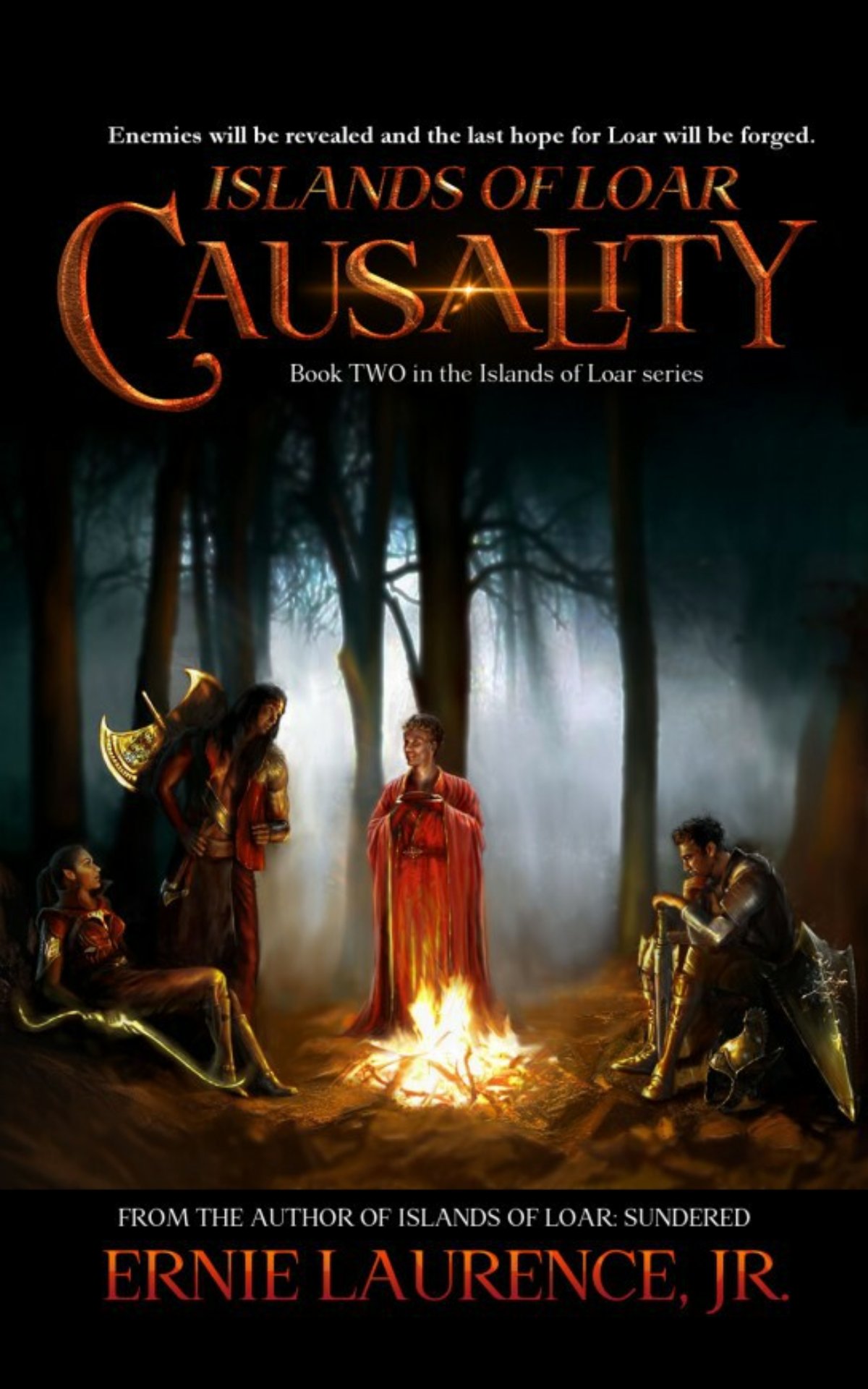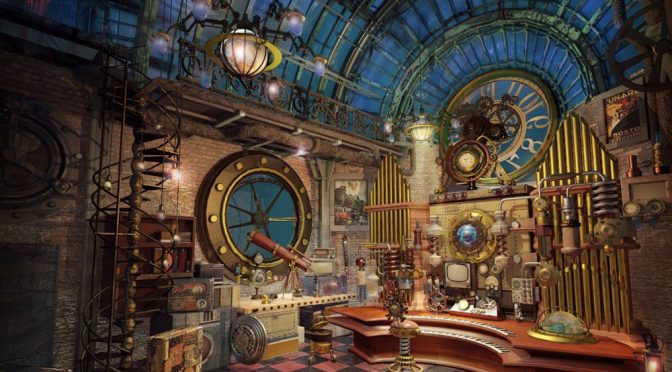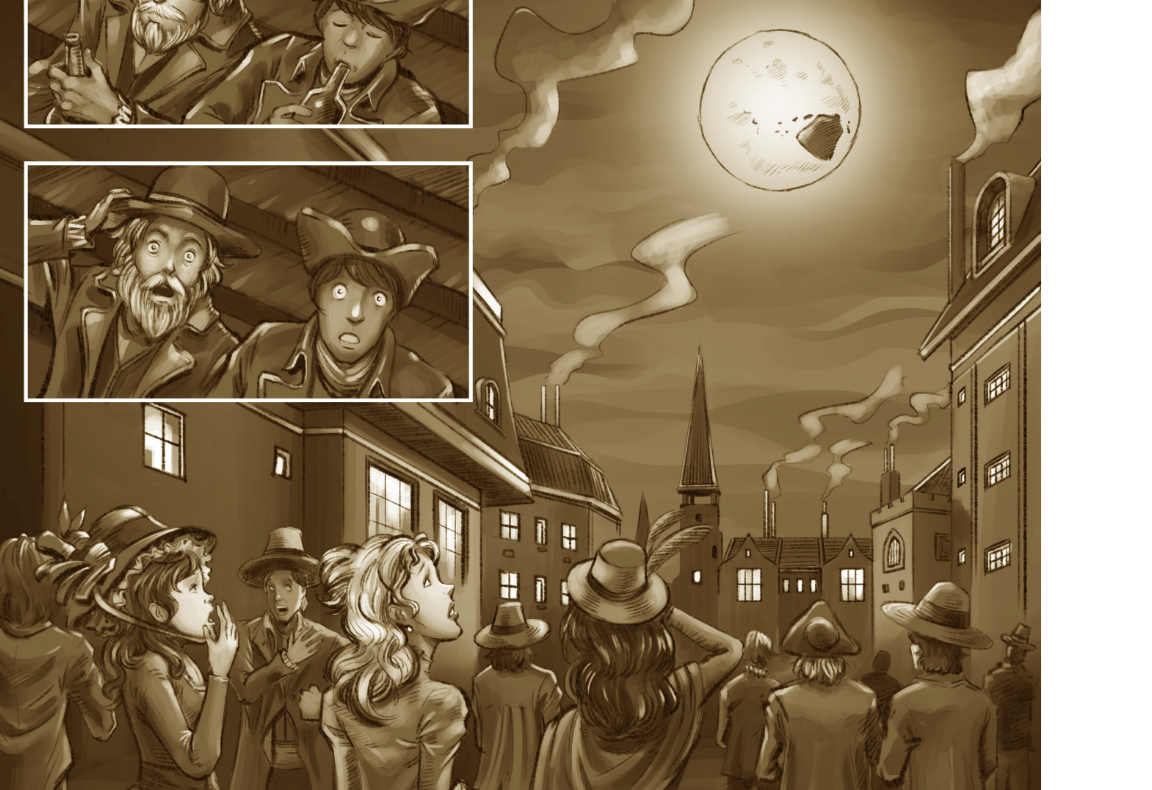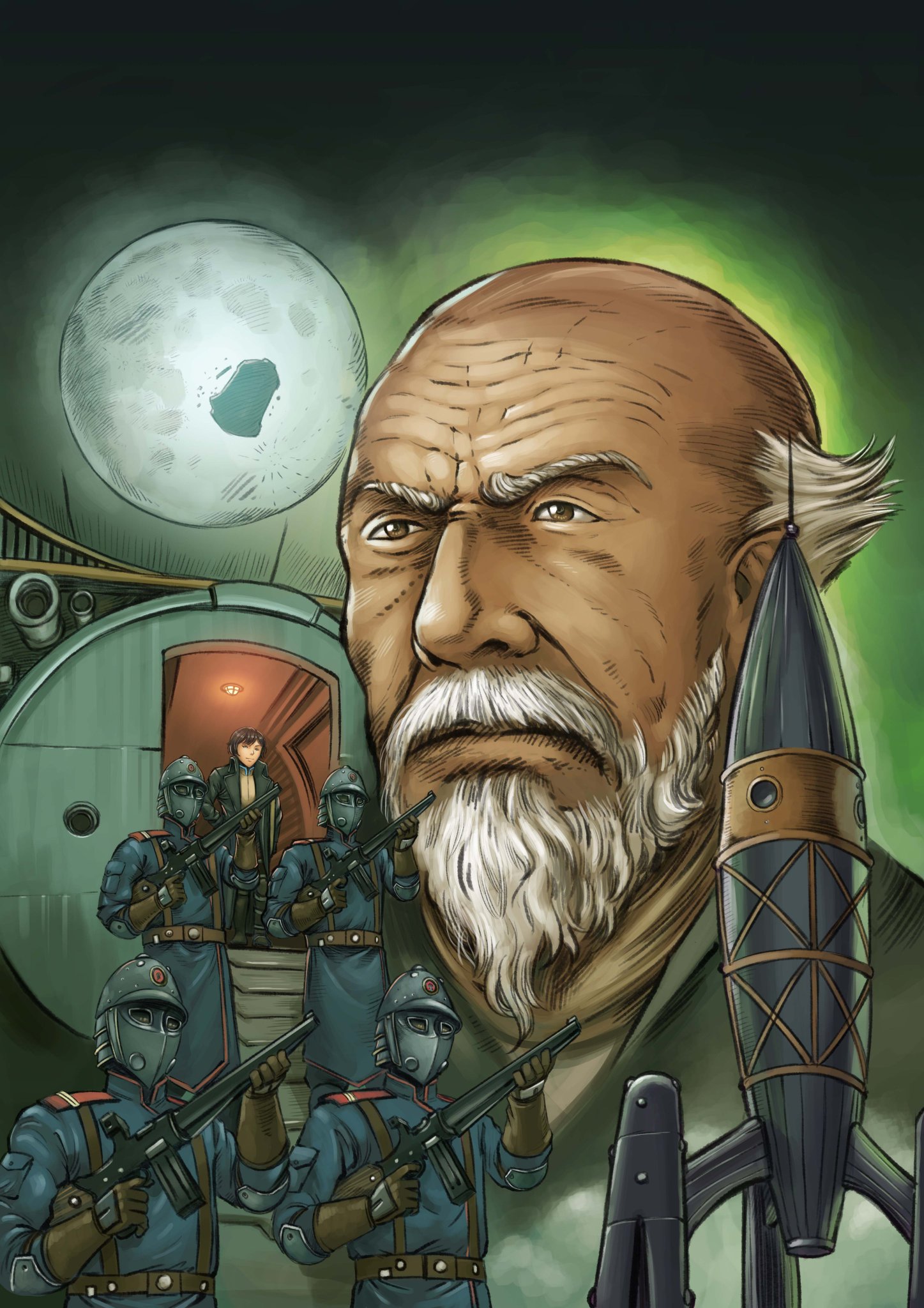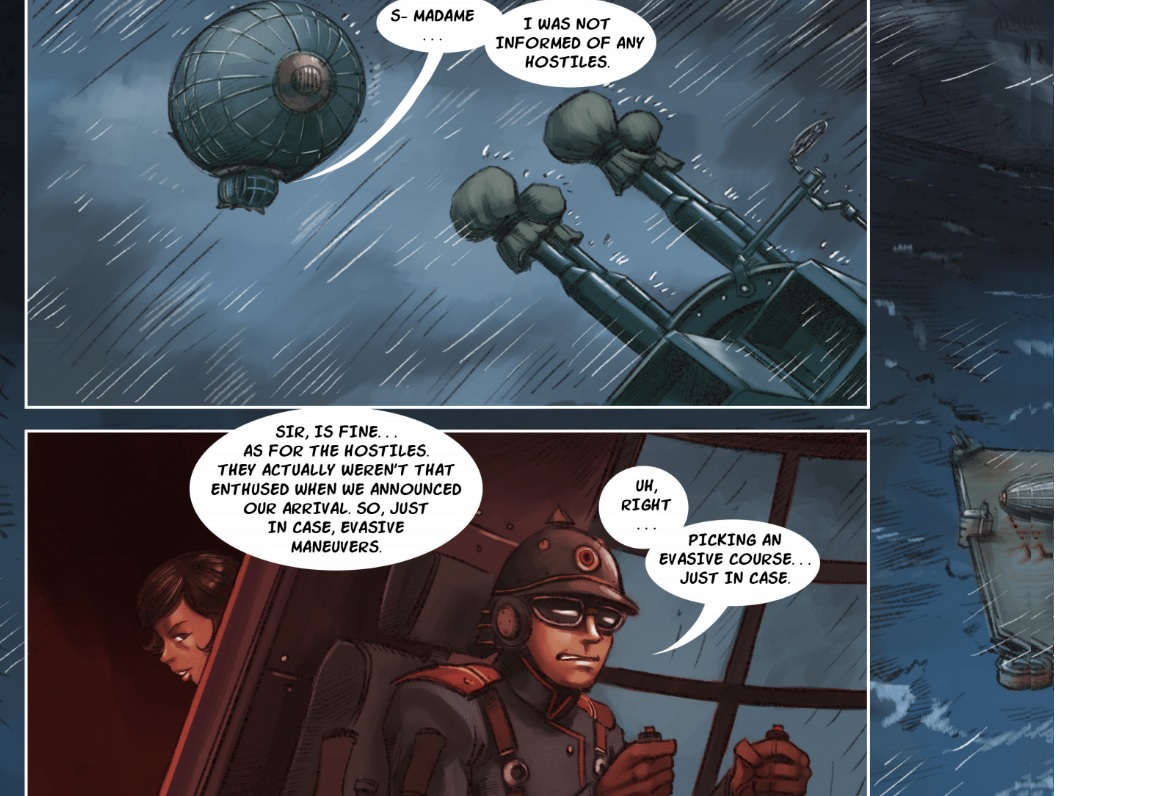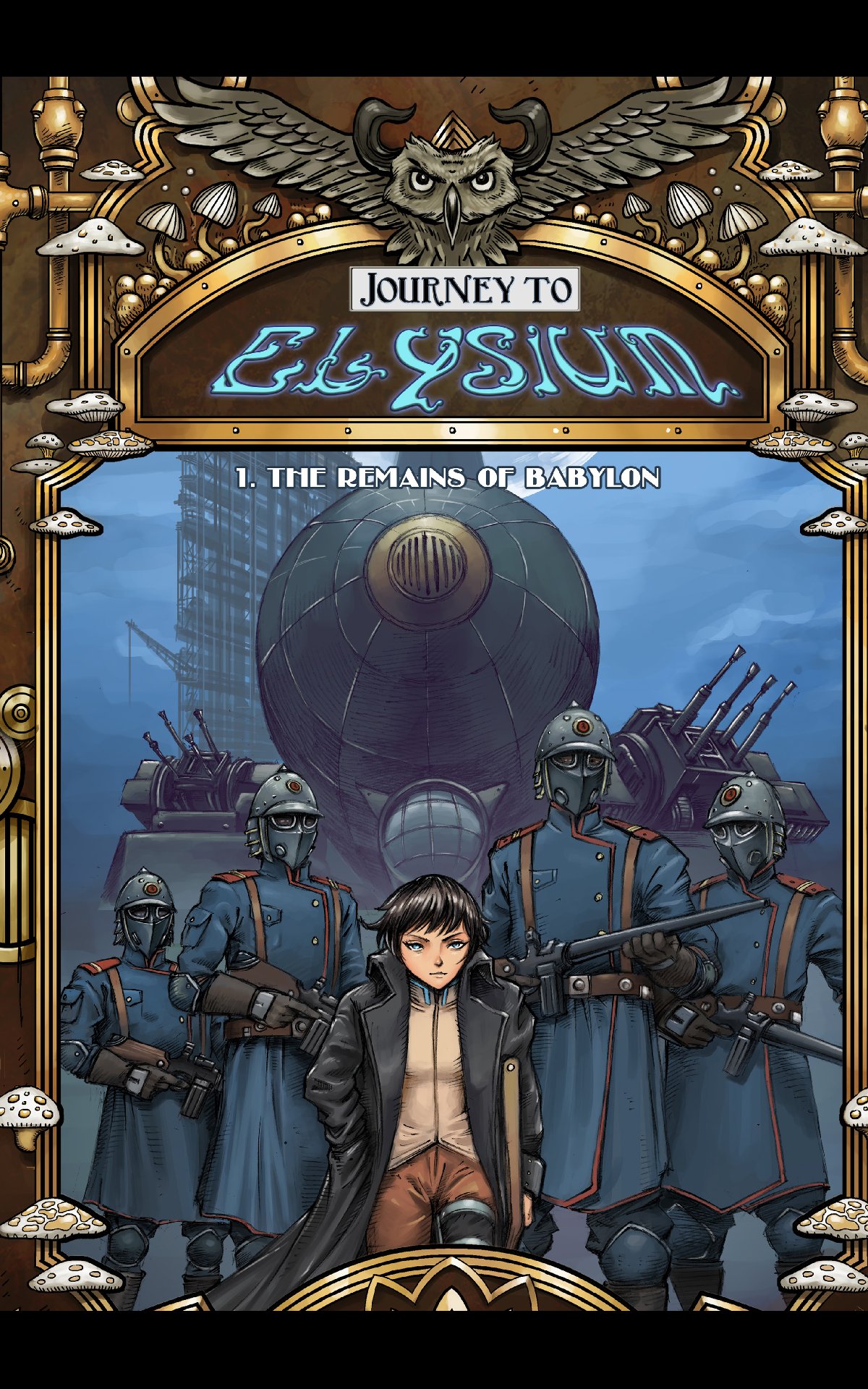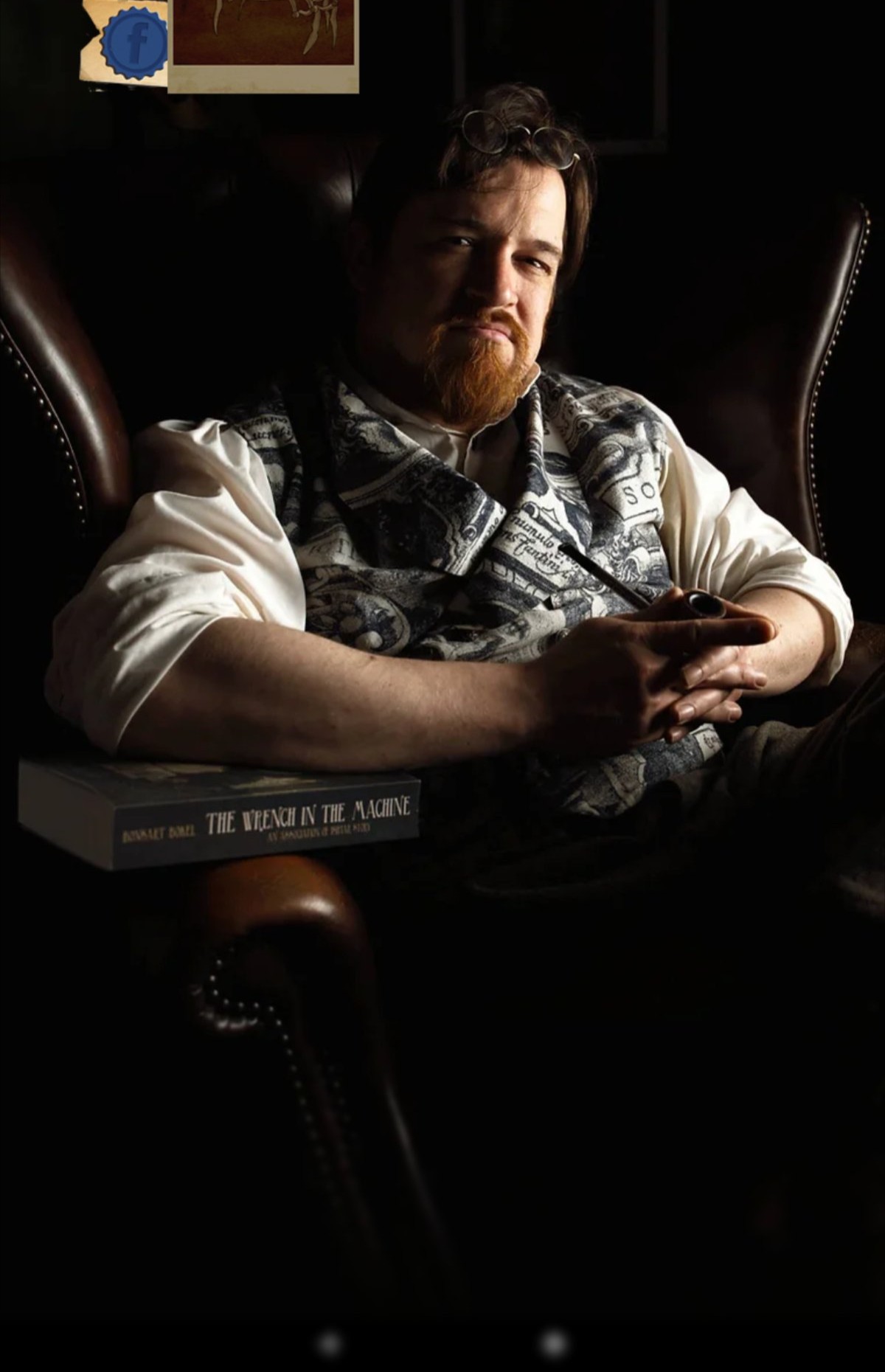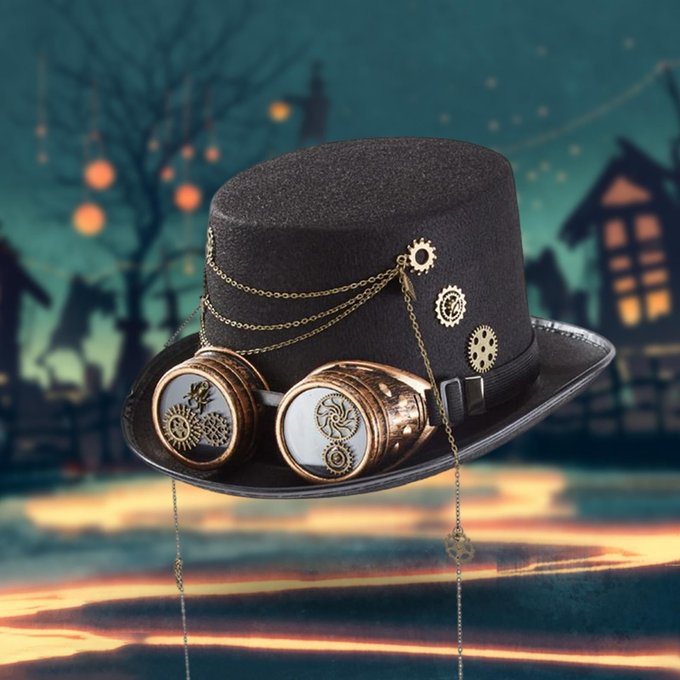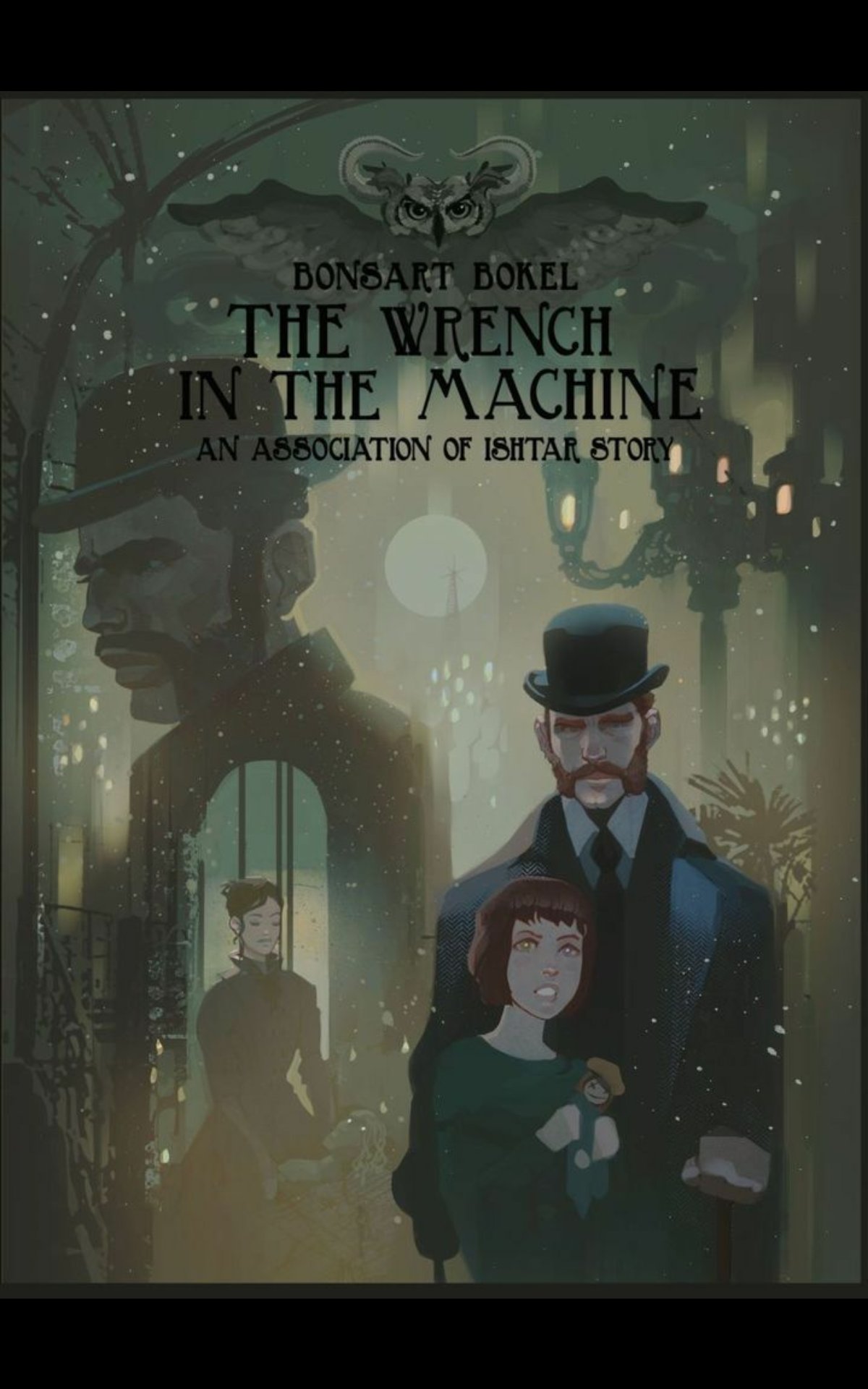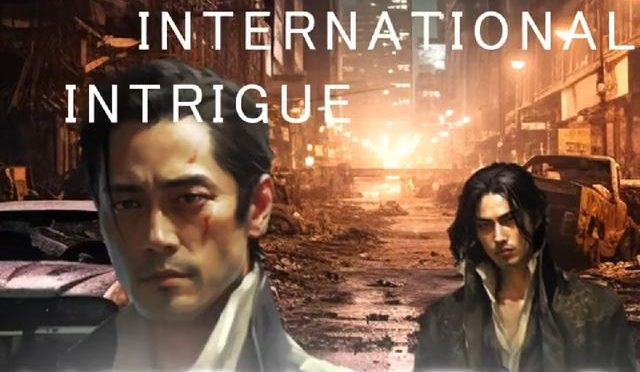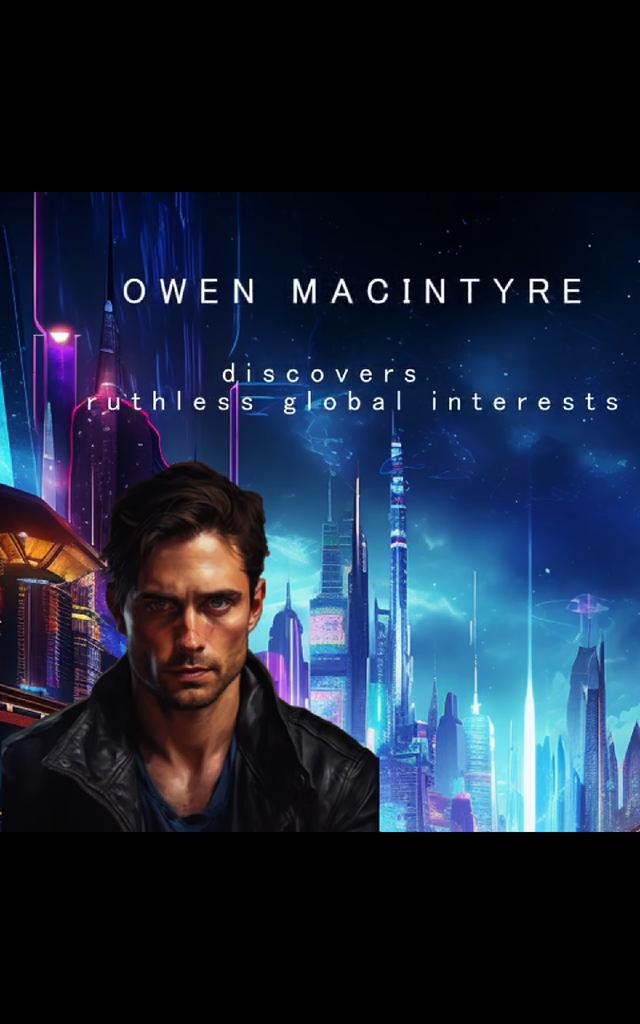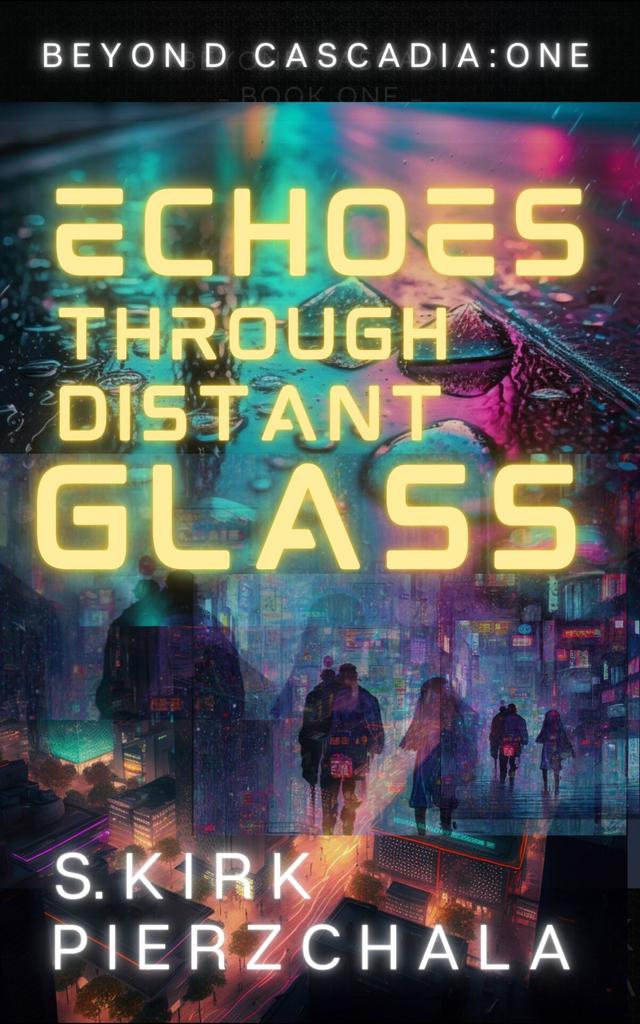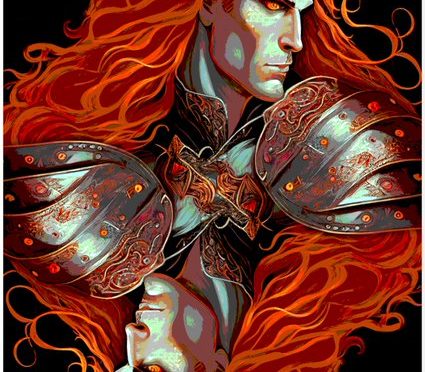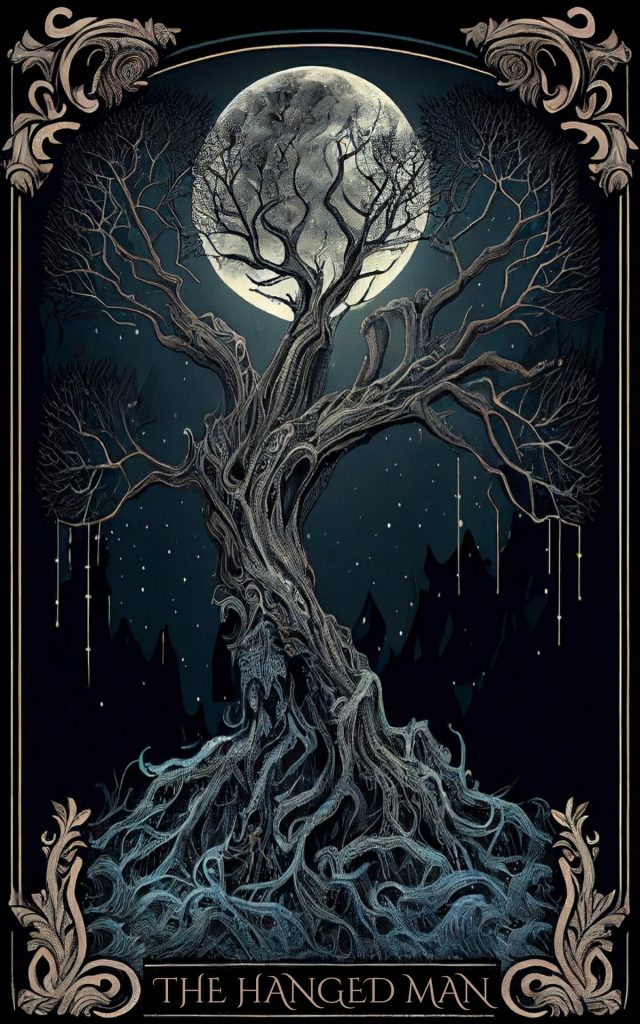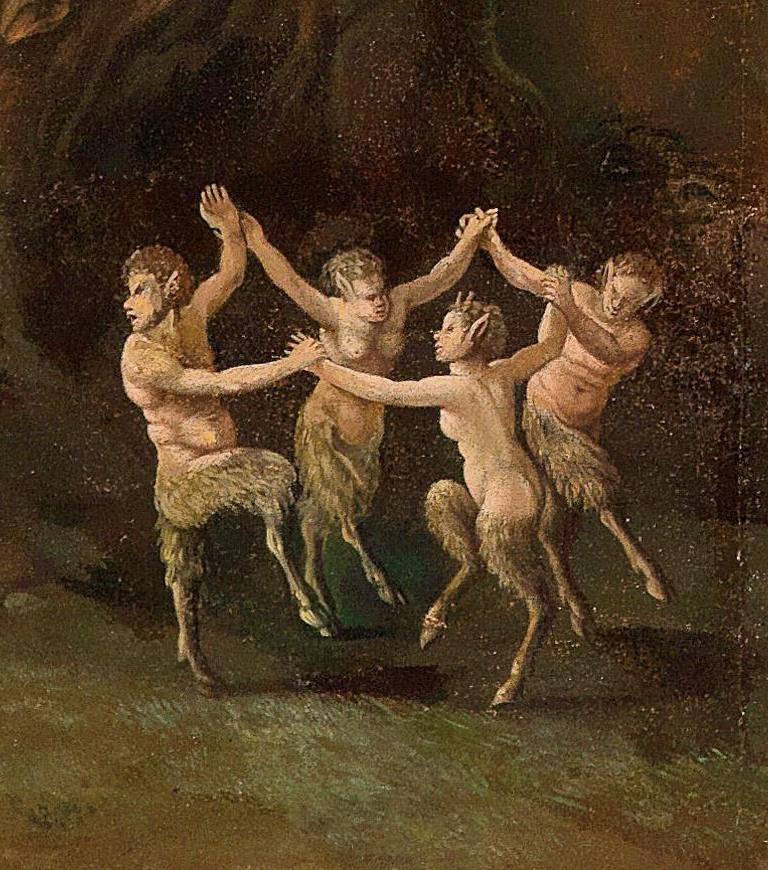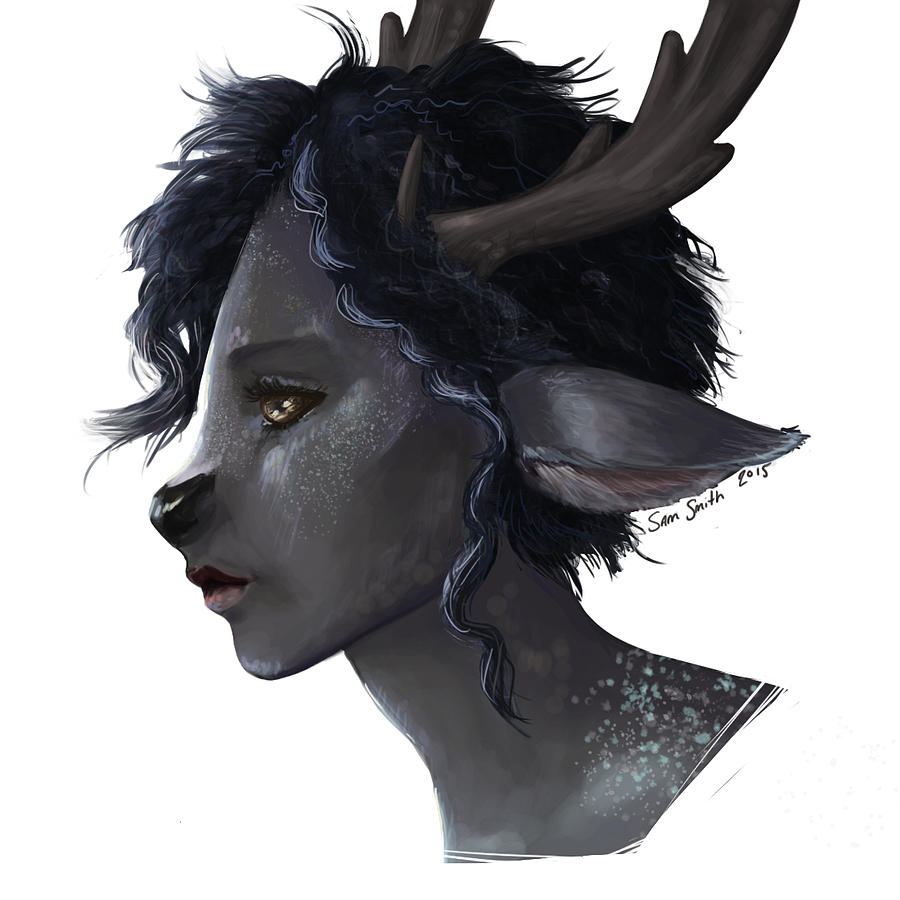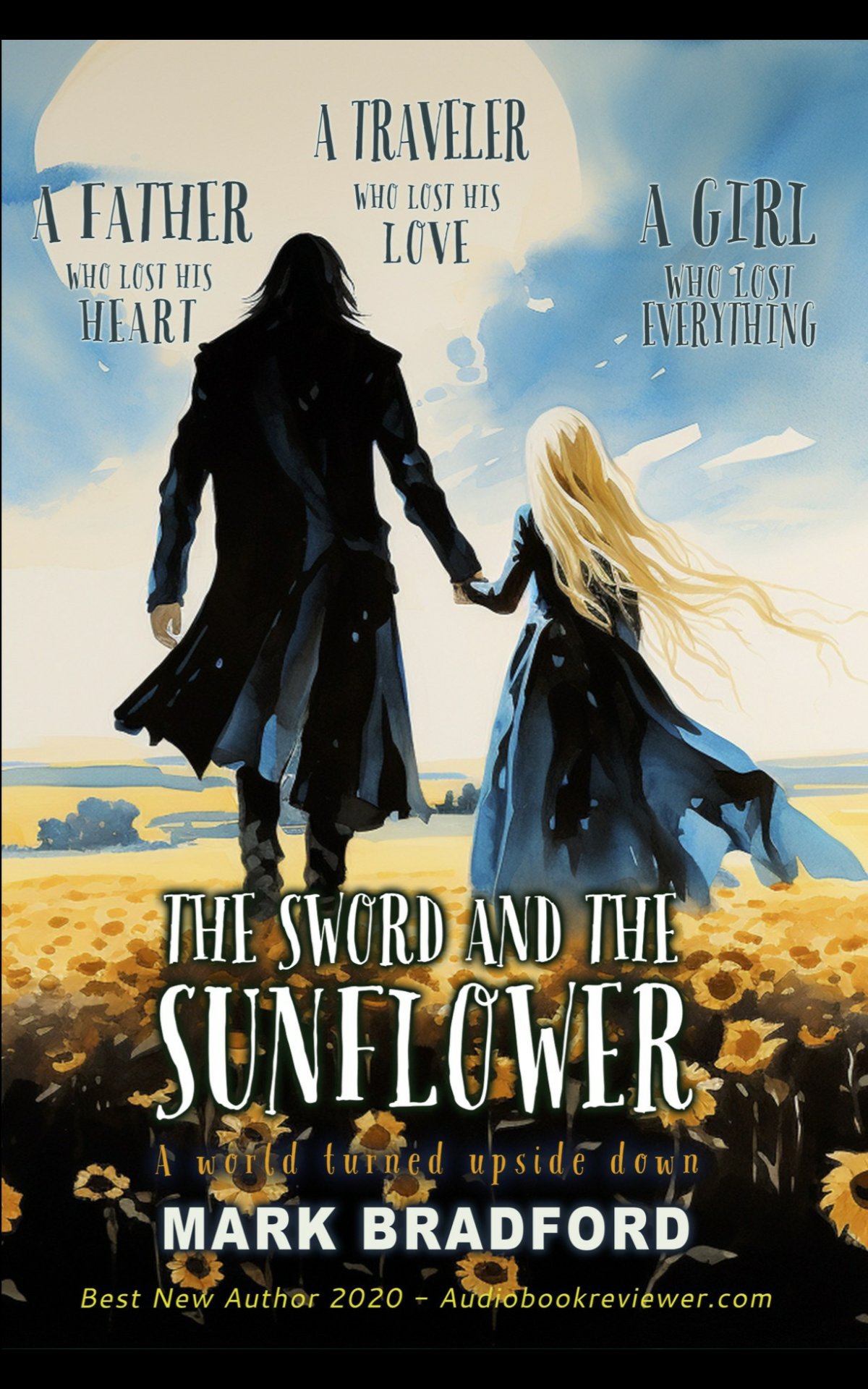A Review by INFAMOUS 🦀
The Way of Mortals was an unexpected and pleasant surprise and quite a fun story. There are a couple of factors that really put this story above your average fantasy novel; in fact I can name two, specifically:
- Blend of Western and Indian culture themes
- Main characters
Setting:
The story takes place in a fictional but well crafted kingdom called Jaira, where cultural influences mash and mingle to create something new, magical, mysterious, and FUN to explore. A lot of Hindu influences are found in this world, and demons are considered a totally normal thing to deal with. In fact, those who happen to carry a demon within are considered quite the norm, generally speaking.
Along with the ‘spiritual’ side there is also a technological side to this kingdom. In fact, this falls under the fantasy sub-genre known as Gaslamp Fantasy, which is closely related to Steampunk. And so we see strange automobiles, buses, cameras (called photoboxes!) next to your more traditional royal palaces, horse-riding guards, and ancient temples.
Characters:
It’s in this unique and fantastic world that we meet our main character, or should I rather say our FOUR main characters! The story revolves around four sisters, of which the third oldest one, Prem, is really our heroine for all intents and purposes. This creates very interesting dynamics. All four sisters bring something to the table and all four sisters get their time to shine based on their strengths and weaknesses.
Plot Summary:
When a young girl is found murdered, the four royal sisters quickly realize that the life of the new monarch, youngest sister Prya, might be in danger. Immediately our heroine Prem, with the aid of Vati, a demon who lives inside of her, goes on a hunt to bring the murderer to justice. Her relationship with Vati however is complicated and their personal interests don’t always line up! Things can only get crazier from there!
Reviewer Take:
The only minor issues I had were:
- The prime minister: her dialogue came off as too ‘on the nose’ to make sure we know she has bad intentions. The result for me was a less than believable character and a dull villain.
- The last action scene during the parade: when a final attempt to murder the young empress takes place, it all felt a little too predictable and rehearsed, and nothing felt surprising or memorable.
But those are more of MY personal views and in no way should affect the final rating on this book.
To conclude, The Way of Mortals is another example that in order to create something new and original authors need to look at the past (history and traditions) more often, and apply new and fresh concepts to it. Bonsart Bokel (Wrench in the Machine) and Arthur O’Keefe (The Spirit Phone, coming soon!) are doing just that, along with a few other talented and smart writers. Blake Carpenter joins this group of creative authors who are bringing us new content and creating new legends!
🦀

